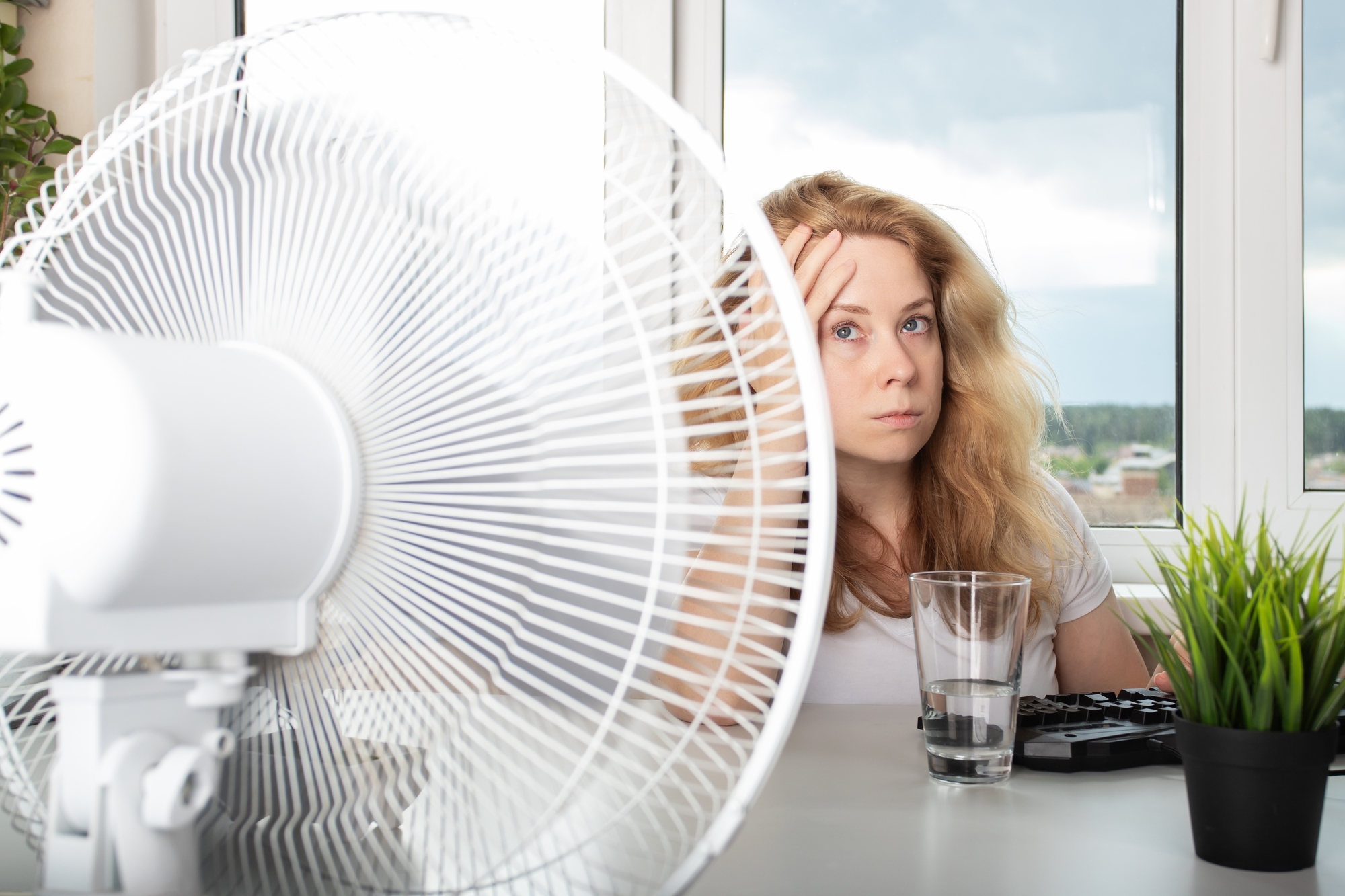Heat can damage electronic devices, computers or smartphones, and a few tips can be enough to protect them during the heat wave, which affects many French people this summer.
With the heat wave and a thermometer that can panic and sometimes easily exceed 40°C, high temperatures can put a strain on your electronic devices, which can lead to breakdowns or permanent damage. We decided to give you 8 tips to protect your electronic devices during these periods of intense heat.
“Easy” tips to prevent your devices from overheating
Because it’s not just humans who suffer from the heat, here are some tips that could prevent your electronics from breaking down during the heat wave:
Maintain a reasonable room temperature
As far as possible, of course, try to keep the temperature inside your house, apartment or office at a comfortable level, preferably below 25°C, if possible. If you are not lucky enough to have air conditioning, then use fans, and follow the advice that comes even more scrupulously.
Avoid direct sun exposure
Better to leave your smartphones, computers, batteries, televisions or other electronic devices away from the direct light of the board. Keep the curtains and/or shutters closed, especially if your place of residence is strongly exposed to the sun, and place your devices in the shade to avoid overheating.
To protect your devices from the heat, do not lock them in closed furniture. Raising them can be a good idea to promote air circulation and facilitate cooling. For your computer, you can use a cooling pad or an external computer cooler. There are many in USB version.
Do not block vents and vents
If you’re not a fan of cleaning or cleaning, it’s time to get started. To limit the risk of overheating, make sure that the ventilation and cooling grilles of your electronic devices (such as laptops, game consoles, routers, etc.) are not blocked. Good airflow helps keep the internal temperature stable.
Avoid heavy use
It may seem silly, but during periods of heat wave, trying to limit the intensive use of your electronic devices as much as possible is not necessarily the preferred choice, especially on vacation. For the better equipped among us, turn off a screen if you usually use two, for example. Cool them down from time to time, pausing them or turning them off, even for a few minutes. And remember that tasks that require a lot of processing power can increase the internal temperature of the device.
Pay special attention to chargers, cables and other power supplies
Poor quality chargers or cables may generate more heat during the charging process. Opt for certified, clean and quality accessories. Also, be sure to leave enough free space around power supplies, as even “switched-mode” models produce heat and can overheat, leading to failure or a fire hazard.
Don’t underestimate the damage your phone case can cause
The previous advice is an interesting starting point for limiting the overheating of your electronic equipment and reducing the risk of breakdown. Others, which one is perhaps less inclined to think about if one is not a fan of new technologies, can be provided.
Update software
Remember to check that your electronic devices are equipped with the latest software updates. These can indeed include security patches but also significant performance, which for some will limit excessive heating.
Watch for signs of overheating
Pay attention to signs of overheating such as slowdowns, unexpected restarts, frozen screens, or excessive noise. If you experience such problems, turn off the device and let it cool down before turning it back on.
Remove the covers or covers from your devices
Removing the protective cover from your smartphone can also help improve heat dissipation. Some cases can trap heat, which can contribute to the device overheating faster. If you’re revving up (pardon the pun) your GPS in the car on the road to vacation, your device might get hot with a protective case. If you find that your smartphone is getting too hot during heavy use, removing the case can be an effective temporary measure to allow for better ventilation and cooling, and preserve the life of the machine. Above all, it will save you from having to turn off the phone urgently, unless it does it on its own. Just be sure to handle your phone with care when it’s not protected by the case.
Dear readers, do not hesitate to complete this list of tips in the comments. Some ideas may have been overlooked, and could help users further protect their electronic devices.

0